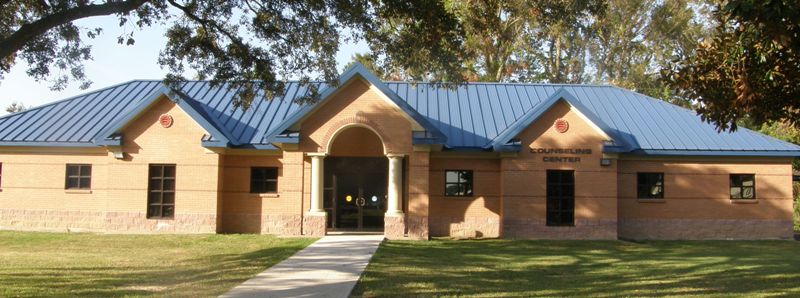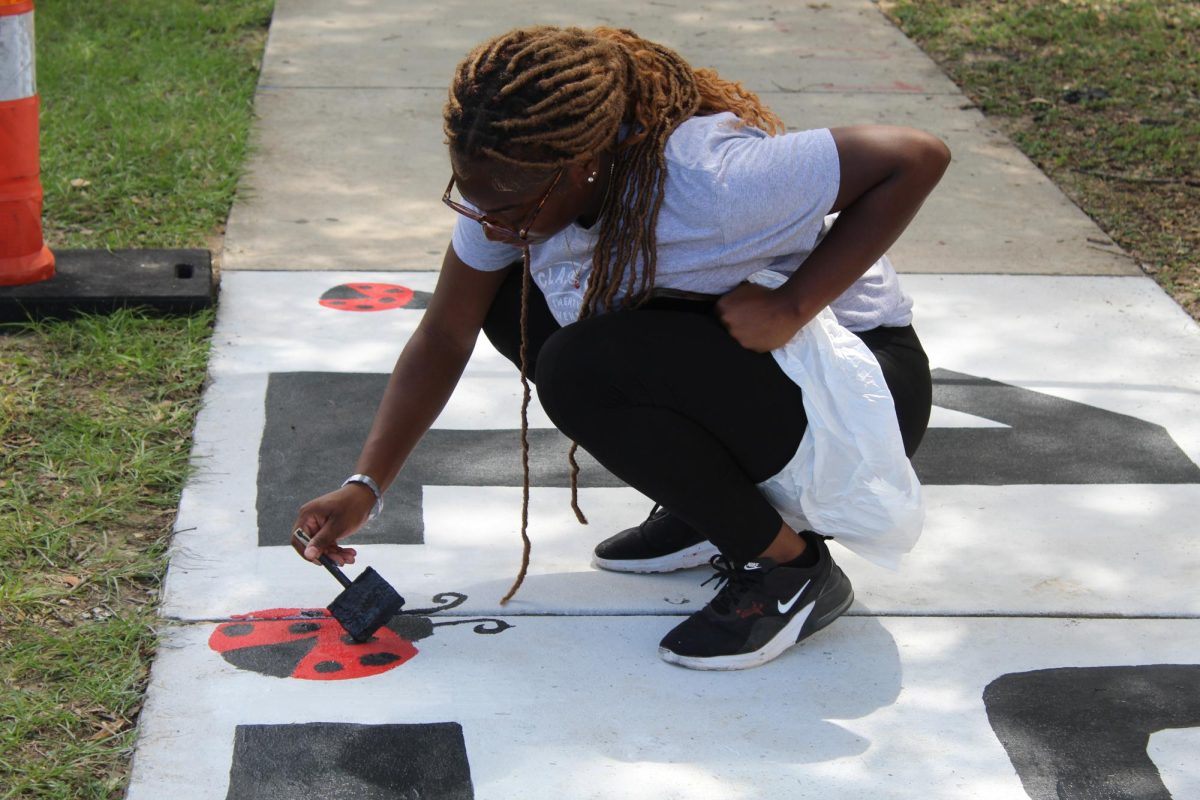JOHANNESBURG, South Africa—A medical trial involving 16,000 children across Africa will be a challenge to human, scientific and communications resources on the world’s poorest continent, three researchers hoping to develop the first malaria vaccine said Monday.
Joe Cohen and Drs. Christian Loucq and Eusebio Macete said in an interview in Johannesburg that much of the groundwork already has been laid in preliminary trials involving 4,000 children since 2003. They said that even if their vaccine does not succeed, Africa will be left with better communications, research and other infrastructure that could be used in the search for vaccines against AIDS and other diseases.
Malaria, caused by parasites and spread by mosquitoes, kills nearly 1 million people every year, most of them children in Africa. The massive trial of a vaccine that could cut those numbers may start as early as next month, and should be well under way by January, said Cohen, a top vaccine researcher for the international pharmaceutical giant GSK.
GSK is working with the PATH Malaria Vaccine Initiative, which is an anti-malaria charity funded by the Bill & Melinda Gates Foundation, and clinics and research centers in Africa. While the researchers were optimistic, it will be several years before they know whether their vaccine candidate is safe and effective enough for wide use.
The massive vaccine trials will be conducted in Burkina Faso, Gabon, Ghana, Kenya, Malawi, Mozambique and Tanzania. Loucq, director of the Malaria Vaccine Initiative, said the project has been working over the past year to upgrade laboratory, computer and other equipment in those countries, train technicians, and even help develop local equivalents of the U.S. Food and Drug Administration to ensure the trials are properly monitored.
The Malaria Vaccine Initiative has so far spent $107 million on the project and has not yet calculated how much more it will spend. GSK has spent $300 so far, and estimates it will spend up to $100 million more.
The initial trials showed the vaccine was likely to be at least 30 percent effective against mild malaria cases and about 50 percent against severe malaria. That may sound low compared to, for example, the injectable polio vaccine that is at least 90 percent effective. But researchers have found it difficult to pin down a vaccine for parasites, and further tests may show the GSK candidate is more effective, Cohen said.
Dr. Michel Van Herp, a Medecins Sans Frontieres epidemiologist, said a vaccine might have to be more effective than the GSK candidate has been shown to be so far to be worth the effort of putting it in use. But he acknowledged that matching the effectiveness of the polio vaccine has proven difficult, and said a partially effective vaccine “at least will reduce the workload on the health sector.”
Medecins Sans Frontieres, also known as Doctors Without Borders, is not involved in vaccine research, but is at the forefront of treating malaria among the poor in Africa and elsewhere.
The vaccine would have to be used along with preventive measures like mosquito nets and insecticides to save lives.
Macete, who is director of the Manhica Research Centre in Mozambique and was involved in some of the early field trials, said stopping any percentage of the disease would be welcomed in areas “where people are dying every day of malaria.”
Categories:
Malaria trial may provide answers
November 11, 2008
0
More to Discover





